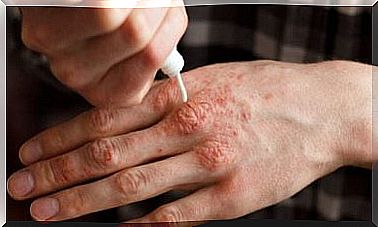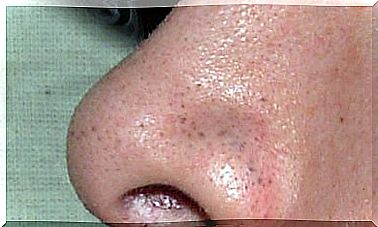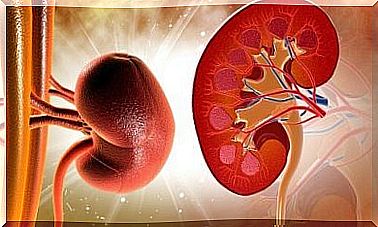Stroke – Prevention Measures
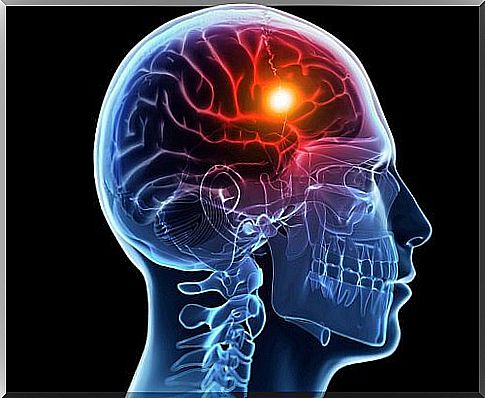
A stroke is a very common neurological problem. Although it is more common among people over the age of 65, young people are not safe.
There are two types of stroke: ischemic and hemorrhagic. None of them can be completely prevented. Any of us, regardless of age, gender or race, can face this problem.
However, what really depends on you is the percentage of risk factor directly associated with your lifestyle and habits.
You also know that certain things we do every day affect our health: smoking, sedentary lifestyle, etc.
It is important to be aware of the risks you are subject to, to show responsibility and to manage these factors effectively.
Start today: take more care of yourself and live in harmony with your emotions and body to prevent stroke.
1. Adjust your blood pressure
Blood pressure is a key factor in preventing myocardial infarction and stroke. The problem is that we often do not take into account this important indicator of our health.
Sometimes we associate headaches, palpitations, dizziness with daily fatigue. If you are experiencing these symptoms, it is important to go to the doctor to check your blood pressure.
How can I lower my blood pressure?
- Reduce salt intake.
- Avoid foods high in cholesterol.
- Increases the intake of fruits and vegetables, but also whole grains (they are rich in fiber).
- Get more exercise.
- If you smoke, take the necessary steps to quit this habit.
2. Keep your body weight under control

Obesity and all the complications associated with excess body weight (high blood pressure, diabetes, etc.) increase the risk of stroke.
How to lose weight in a healthy way
Before following a diet, seek the advice of a doctor to find out how best to proceed (sometimes weight problems are related to certain hormonal dysfunctions that need to be kept under control).
- Do aerobic exercise.
- Drink plenty of water.
- Serve 5 small meals a day.
- Eat fruits, vegetables and fiber sources such as oats and chia seeds.
- Give up saturated fats.
3. Know the family history

Some people are at higher risk for a stroke. We do not only refer to the lifestyle, but also to the family history.
It is good to know the medical history of the family: grandparents, uncles and aunts and of course, parents.
If you have relatives who have died as a result of a stroke, you must also communicate this information to the doctor, in order to take the necessary preventive measures.
We need to clarify an important issue. If you have a family history of strokes, it does not mean that you will surely have one, but only that you have a greater predisposition.
4. The best diet to prevent stroke
It is true that reducing stress levels, regular exercise and a healthy and balanced diet help prevent many diseases.
To reduce the risk of stroke, you should include the following foods in your diet:
- Carrot
- Brussels sprouts
- Avocado
- Tomatoes
- Watermelon and red
- Sardines in olive oil
- Green tea
- NUTS
- Oat
5. Beware of atrial fibrillation
Atrial fibrillation is a type of arrhythmia that consists of abnormal heartbeats. This problem occurs when blood clots form in the heart. They can circulate to the brain, causing a stroke.
If you experience symptoms such as fatigue, palpitations, headaches or difficulty breathing, you should see a doctor immediately.
6. The importance of preventing and treating diabetes
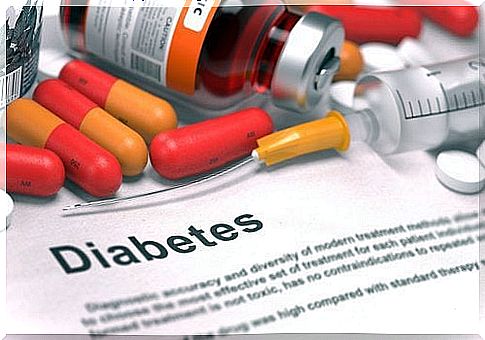
Diabetes can make a stroke worse. When oxygen supply is interrupted, there are usually other arteries that act to lessen the negative effect.
If you have diabetes, your blood vessels harden or become blocked due to arteriosclerosis. Thus, the blood circulation in the brain is difficult.
7. Quit smoking
You probably already know how important it is to quit smoking. But we must mention once again that this habit is very harmful, especially for heart health.
Tobacco accelerates the formation of blood clots: the blood thickens, plaque builds up in the arteries, and the risk of stroke increases.
Start improving your lifestyle right now and take care of yourself and your health to prevent stroke.
Representative image source: wikiHow.com
